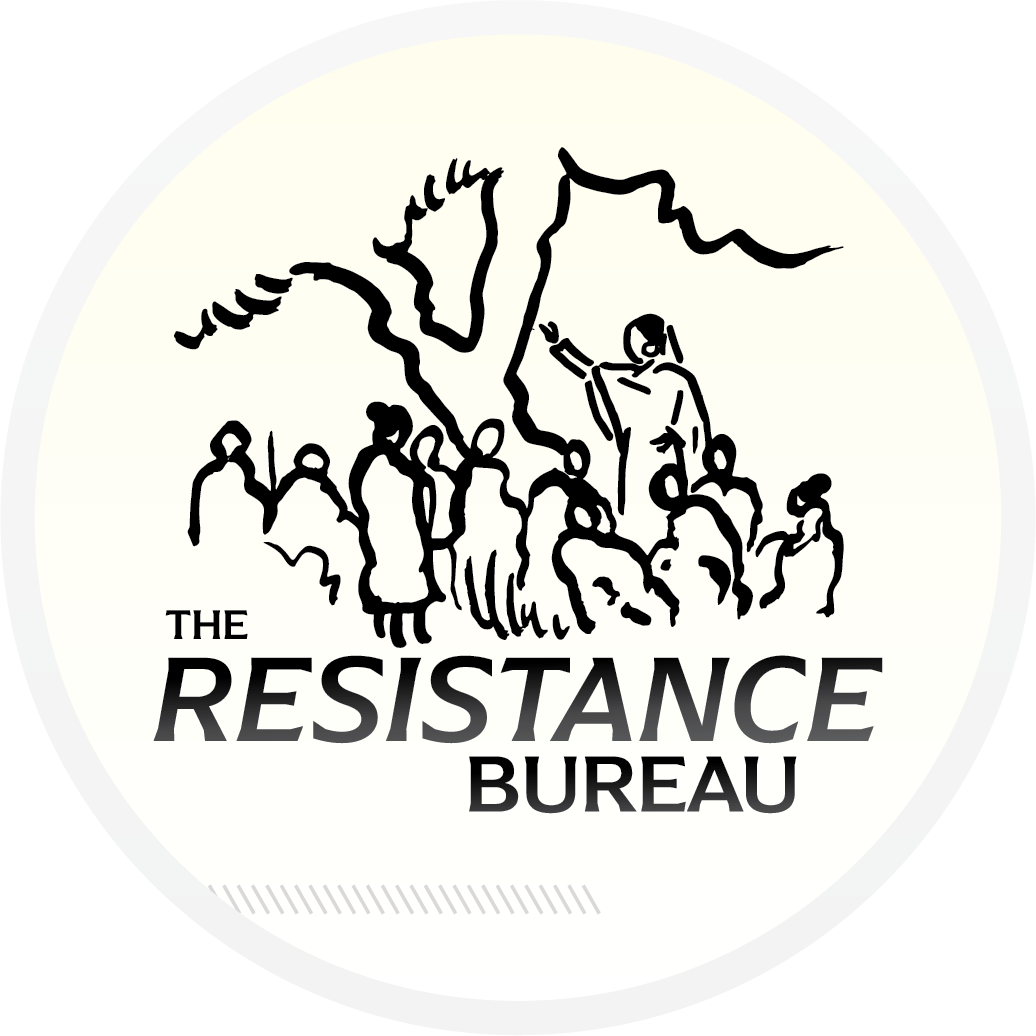Africa After Aid? The Impact and Possibilities
Wednesday, 19 March 2025
12pm Washington D.C.
4pm London
5pm Kinshasa / Lagos / Paris
6pm Johannesburg
7pm NairobiThe attack on foreign aid and development assistance from U.S. President Donald Trump has devastated the global system that encompasses work related to democracy, human rights, health, and development. In one fell swoop, for example, on March 10, it was announced that the U.S. Agency for International Development (USAID) had over 80% of its contracts cancelled, amounting to thousands of projects and countless jobs lost. The African continent, in particular, is expected to be the hardest hit.
While Trump has grabbed many of the headlines, European governments have also been queuing up to downsize their aid portfolios, including the United Kingdom, Belgium, Sweden and the Netherlands. After elections this year, Germany and Canada are expected to follow suit. Not only does the “rest of the west” seem to lack the capacity to step up and replace America’s critical support, it also seems to lack the political will that the situation demands.
Some critics have celebrated this assault on the aid industry, arguing that it gives Africa the opportunity to stand on its own. The argument goes that slashing aid can be a springboard to an ‘African renaissance’ that might finally foster ‘African solutions to African problems’ while leading to a more independent and sustainable future. Yet while there is no doubt that progress on democracy and development is, and always has been, driven by African people themselves, any such renaissance will have to reckon with the hard reality of the significant funding cuts of today.
Development programs – including those designed to prevent gender-based violence and to combat HIV/AIDS, for example – have been fatally undermined. The simple truth is that innumerable people across the world, the most vulnerable on the planet, will die as a result of the aid cuts. Many democracy support projects have also been decimated, with thousands of groups that had been working to prevent human rights abuses or playing critical roles in election observation now dismantled. Elections will now be much easier to rig and manipulate, giving autocrats a considerably stronger hand going forward.
In light of this new reality, this show will convene human rights activists and analysts, as well as those who have been directly impacted by the U.S. aid cuts, to consider the impacts, as well as what comes next and how Africa might capitalize on this period of uncertainty to build a more resilient future.
Meet our panel
Namatai Kwekweza
Namatai Kwekweza is a human rights and youth activist who is the founder and current executive director of WELEAD Trust -- an organization she started at age 18 -- which focuses on youth leadership development and advocacy. She has been the recipient of numerous awards for her crusading work, including the inaugural Kofi Annan NextGen Prize for Democracy.
Jakkie Cilliers
Jakkie Cilliers is a best-selling author, Africa policy analyst, and the founder and former Executive Director of the Institute for Security Studies (ISS), a South African based human security organization that combines research, policy analysis, and technical assistance to build prosperity and democratic resilience.
Carine Kaneza Nantulya
Carine Kaneza Nantulya is a Strategic Planning Advisor at Human Rights Watch and is among the major voices in Washington, DC and globally who helps to hold abusive regimes accountable to the rule of law. A human rights lawyer by training, Carine has advised several public and private entities while gaining well over a decade’s worth of experience on advocacy strategy and programming.
Patrick Gathara
Patrick Gathara is one of Africa’s best known satirists and political commentators. Equally known for his brilliant artwork as for his insightful analysis and social media commentary, he was instrumental in the creation of the alternative news site, The Elephant. He has contributed analysis on international affairs to highly respected publications around the world, including the Washington Post and Al Jazeera.
Mac-Darling Cobbinah
Mac-Darling Cobbinah is a prominent human rights defender from Ghana who has worked for years on behalf of marginalized communities with both local and international allies. His skillset is as wide as it is impressive. Mac is a digital security trainer as well as a peacebuilding and diversity consultant. He is also a past recipient of the U.N. Development Program's Red Ribbon Award, which recognizes outstanding community work in the fight against AIDS.
Moderation
Mantate Mlotshwa
Mantate Mlotshwa is a passionate advocate for the meaningful contribution of women and youth to democracy and governance processes. The Founder of the creative brand U Motle, she has earned a reputation for speaking her mind and promoting positive messages of liberation and emancipation in Zimbabwe and beyond.
Nic Cheeseman
Nic Cheeseman is the Professor of Democracy and the Director of the Centre for Elections Democracy Accountability and Representation (CEDAR) at the University of Birmingham. As well as the author of Democracy in Africa and How to Rig an Election, he is the editor of Democracy in Africa, a columnist for Africa Today and the Mail&Guardian, a contributing editor to The Continent, and an election junkie.
Jeffrey Smith
Jeffrey Smith is an award-winning pro-democracy campaigner and veteran human rights activist. He is the co-creator and producer of The Resistance Bureau and also founding director of Vanguard Africa, a nonprofit organization that supports visionary African leaders to build winning free and fair election campaigns.








